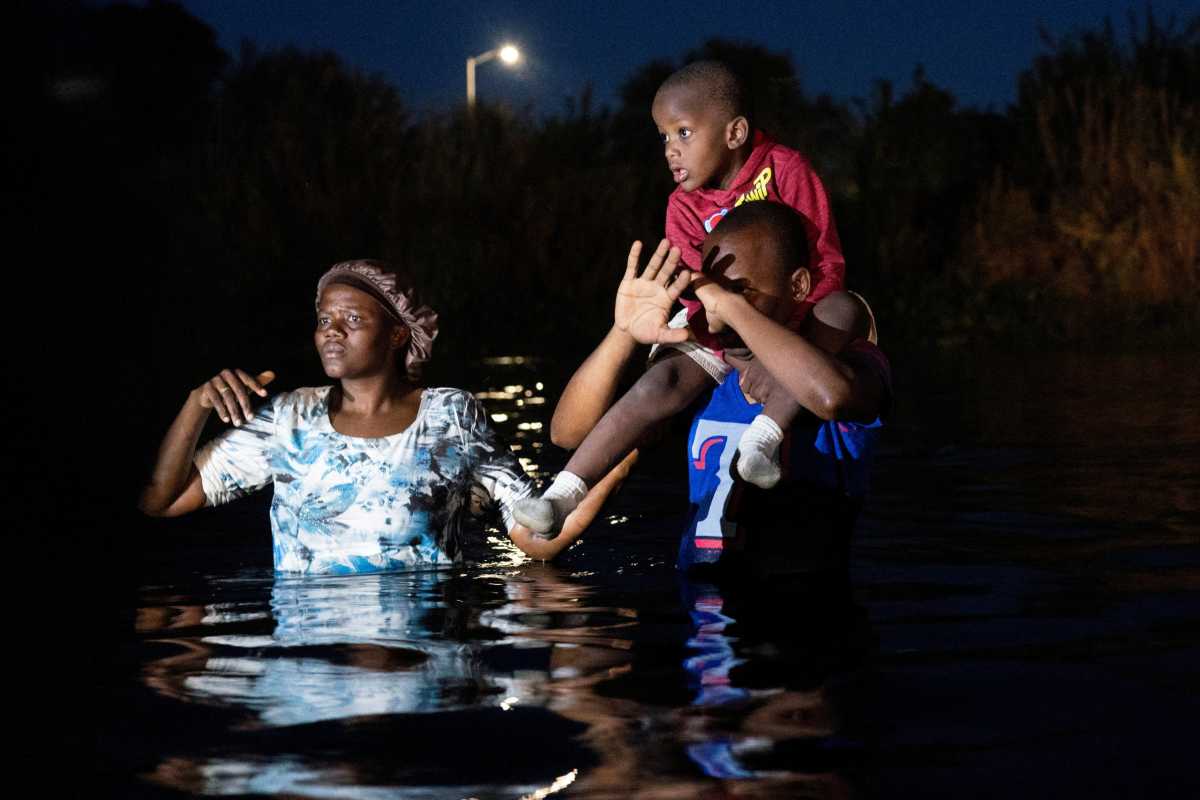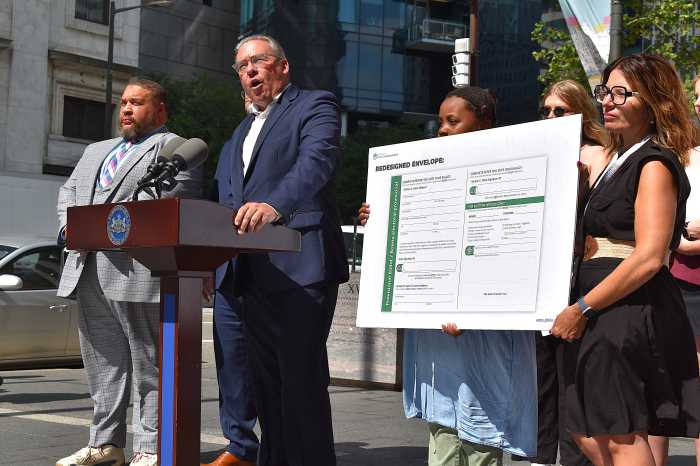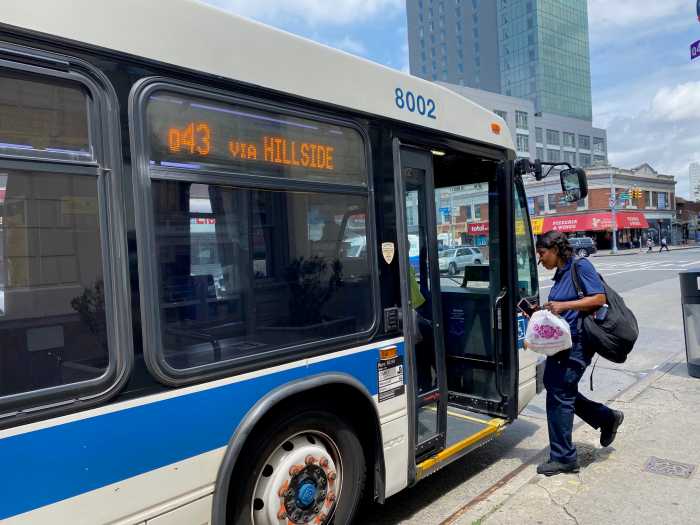By Adrees Latif and Kristina Cooke
An impromptu border camp that roiled the U.S. government was cleared of thousands of Haitian migrants, with most remaining in the United States for now and others expelled on deportation flights or returned to Mexico.
Reuters witnesses said the jumble of makeshift shelters and tents had all but disappeared from Del Rio, Texas, with workers removing the last debris along the border with Mexico. State troopers lined the banks of the Rio Grande to discourage new crossings.
U.S. Department of Homeland Security Secretary Alejandro Mayorkas said nearly 30,000 migrants had been encountered in Del Rio in the past two weeks and that by morning there were none left in the camp beneath its international bridge.
Mayorkas vowed a swift probe into “horrifying” images that had sparked outrage this week which showed a border guard on horseback using his reins to contain Haitian migrants.
“We know that those images painfully conjured up the worst elements of our nation’s ongoing battle against systemic racism,” he told a news conference.
More than 12,000 migrants will have a chance to make their case for protection before U.S. immigration judges, an estimated 8,000 voluntarily returned to Mexico, and 2,000 were expelled to Haiti. The fate of others detained is to be decided.
Seeking to balance outrage about treatment of the migrants, Del Rio Mayor Bruno Lozano praised agents for trying to provide food and medical care, and said there were no fatalities.
As well as the Biden administration’s decision to send migrants back to chronic instability convulsing Haiti, Mexico has sought to bus and fly Haitians to its southern states.
On Friday, Reuters reported that the International Organization for Migration (IOM) had formally asked Brazil to receive some of the Haitians from the camp, according to two sources with knowledge of the request.
Many of the Haitians arriving at the U.S. border had previously lived in Brazil and Chile, while others have transited through the South American countries.
U.S. President Joe Biden has faced criticism over the expulsions, including in a sternly worded resignation letter from the U.S. Special Envoy to Haiti, Daniel Foote, who described the Caribbean nation as a collapsed state.
Washington in May extended temporary protection from deportation to Haitians in the United States, citing political crisis, rights abuses, crime and lack of access to food, water and healthcare in the deeply impoverished country.
Since then, Haiti’s president has been assassinated and it suffered a destructive earthquake.
But the Biden government has kept up deportations, mindful that letting in more Haitians may encourage others to try.
Thousands more Haitians are moving through Central America, with others among around 16,000 awaiting boats into the jungles of the Darien Gap in Panama, a bottleneck on the journey north.
Not all migrant traffic is U.S.-bound. On Friday, around 100 mostly Venezuelan migrants were moving south into Chile’s northern border in a bid to make a fresh start there.
Reuters
































